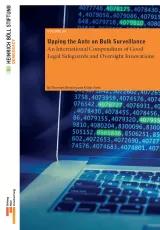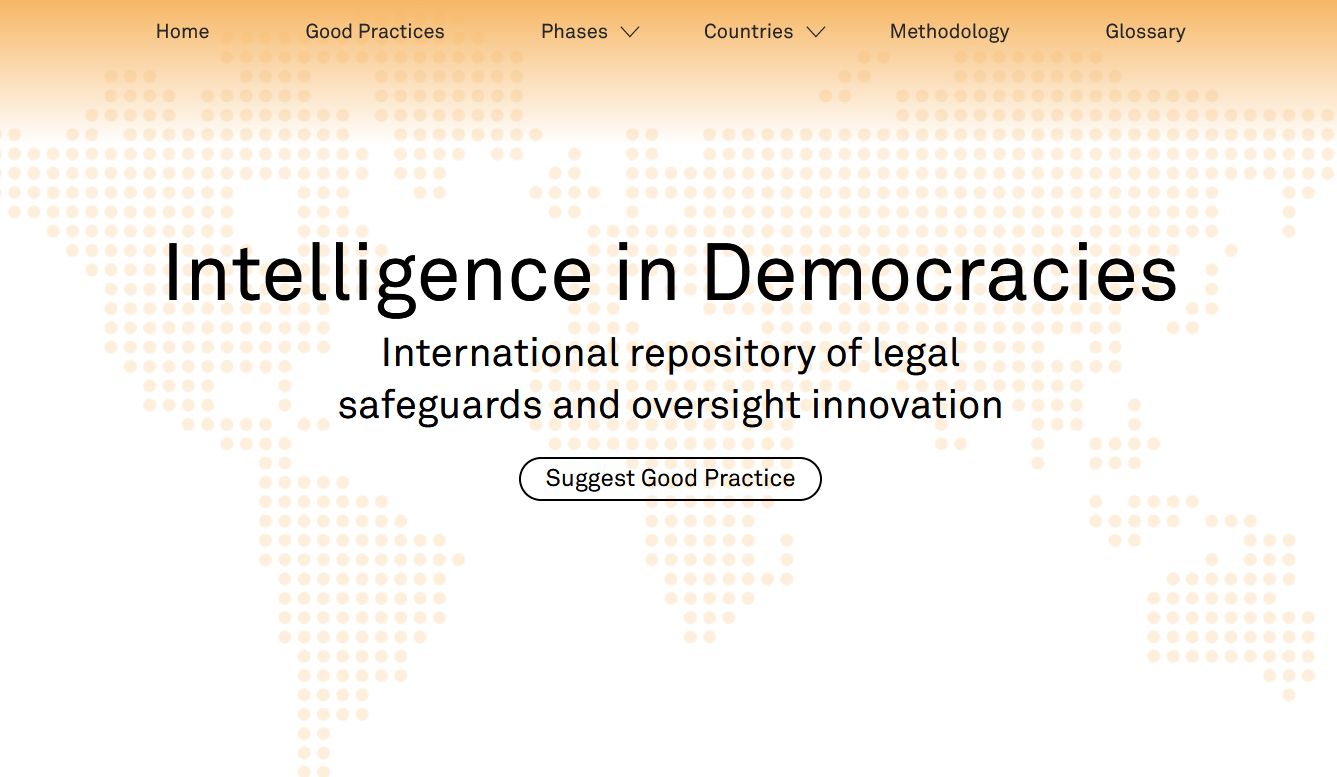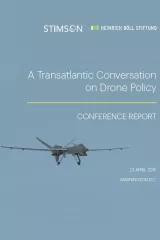Security in the digital age
The digital revolution changes the traditional security discourse and forces us to re-assess basic concepts of security policy, such as deterrence and arms control. We want to understand the impact of digitization on 21st century weapon technology, on open and covert warfare, on surveillance and on data processing by policy, intelligence or the military. The focus of this dossier lies in the implications of digital security on international law, democratic values and human rights.
Bulk Surveillance vs Privacy
Learning From Your Neighbour
Democratic societies face a double challenge when dealing with domestic threats: on the one hand, open societies require effective security institutions to contain extremist and anti-democratic forces; on the other hand, they have to uphold democratic principles such as the right to privacy and the right to freedom of expression. To honour both tasks is a unique challenge for every democracy, especially at a time when extremist and illiberal movements are gaining strength and when mass surveillance options of intelligence services and policy have increased dramatically.
Especially since the Snowden revelations there is a broad debate on this issue, where new laws have been enacted and institutional reforms initiated. The online portal Intelligence in Democracies, launched in March 2021, surveys the most recent developments in the field of bulk surveillance and control of intelligence services for a number of democratic countries. The portal aims to become an online repository for best practices in this field, and a source of inspiration on how to conciliate democratic intelligence and police with modern data protection standards.
The portal is based on our study Upping the Ante on Bulk Surveillance, which we published in 2019 in cooperation with the Stiftung Neue Verantwortung e.V. (SNV).
Autonomous Weapon Systems
We are crossing a moral line - Sind autonome Waffensysteme noch aufzuhalten? - Heinrich-Böll-Stiftung
 Watch on YouTube
Watch on YouTube







